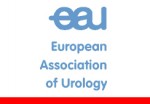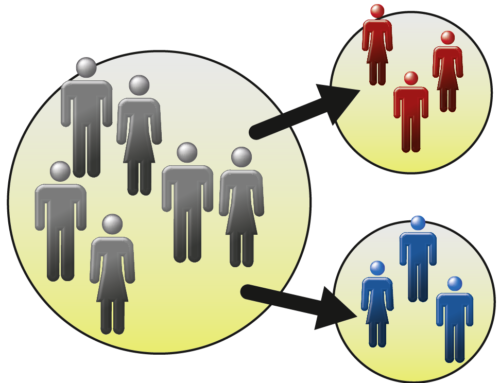 The publication in 2015 of results of two pivotal clinical trials were sufficiently compelling that the Guidelines Committee of the European Assocation of Urology has modified its Guidelines. The modified advisory was published in European Urology.
The publication in 2015 of results of two pivotal clinical trials were sufficiently compelling that the Guidelines Committee of the European Assocation of Urology has modified its Guidelines. The modified advisory was published in European Urology.
Everolimus has been the standard of care for patients who have failed one line or more of VEGF targeted therapy. However two clinical trials have recently shown that therapy using a combination of nivolumab and cabozantinib is significantly more effective in patients who have not responded well to one or more of VEGF targeted therapy. For this reason, the renal cancer guidelines group has amended the EAU guidelines
In 2015, the results of two pivotal trials with nivolumab (a monoclonal antibody that targets the programmed cell death 1 [PD1] immune checkpoint) and cabozantinib (a multi–tyrosine kinase inhibitor [TKI] of MET, AXL, and VEGF) were published in this setting. The current European Association of Urology (EAU) guidelines do not take into account these two practice-changing randomised phase 3 trials, which show that the experimental agents (nivolumab and cabozantinib) are superior to the current standard of care (everolimus) in patients who have failed one line or more of VEGF targeted therapy.
Prior to the release of these new data, EAU guidelines recommended the use of axitinib (after one line of VEGF targeted therapy) or everolimus (after one line or more of VEGF targeted therapy). No trials have compared axitinib and everolimus, and both are widely used.
The Committee concludes: “These two pivotal trials testing nivolumab and cabozantinib have changed treatment paradigms in VEGF targeted therapy–refractory RCC. There is a strong rationale for using both drugs in sequence in the second and third lines following VEGF targeted therapy. These two pivotal trials testing nivolumab and cabozantinib have changed treatment paradigms in VEGF targeted therapy–refractory RCC. There is a strong rationale for using both drugs in sequence in the second and third lines following VEGF targeted therapy.”
See Powles T, et al. Updated EAU Guidelines for Clear Cell Renal Cancer Patients Who Fail VEGF Targeted Therapy. Eur Urol (2015), http://dx.doi.org/10.1016/j.eururo.2015.10.017
The two articles prompting this action are:
[1] Motzer RJ, Escudier B, McDermott DF, et al. CheckMate 025 Inves-tigators. Nivolumab versus everolimus in advanced renal-cell carcinoma. N Engl J Med. In press. http://dx.doi.org/10.1056/NEJMoa1510665[2] Choueiri TK, Escudier B, Powles T, et al. METEOR Investigators. Cabozantinib versus everolimus in advanced renal-cell carcinoma. N Engl J Med. In press. http://dx.doi.org/10.1056/NEJMoa1510016
Dr. Rachel Giles, chair of the International Kidney Cancer Coalition, is a member of this committee. The 20215 EAU guidelines can found at:
[3] Ljungberg B, Bensalah K, Canfield S, et al. EAU guidelines on renal cell carcinoma: 2014 update. Eur Urol 2015;67:913–24.

